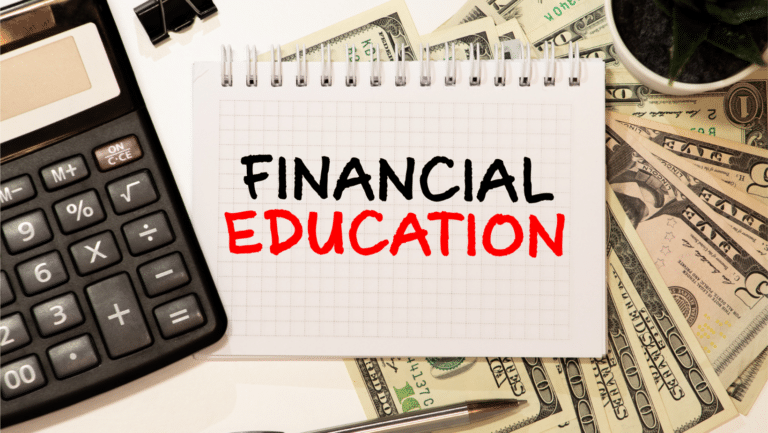Here’s Why Women Need to Take Control of Their Finances
Finances can feel intimidating—especially when you’re not sure who to trust, what decisions to make, or where to even begin. And yet, over the last few years, we’ve seen a powerful shift: more and more women are stepping up, actively managing household budgets, contributing meaningfully to their family’s financial plan, and prioritizing their own independence….









